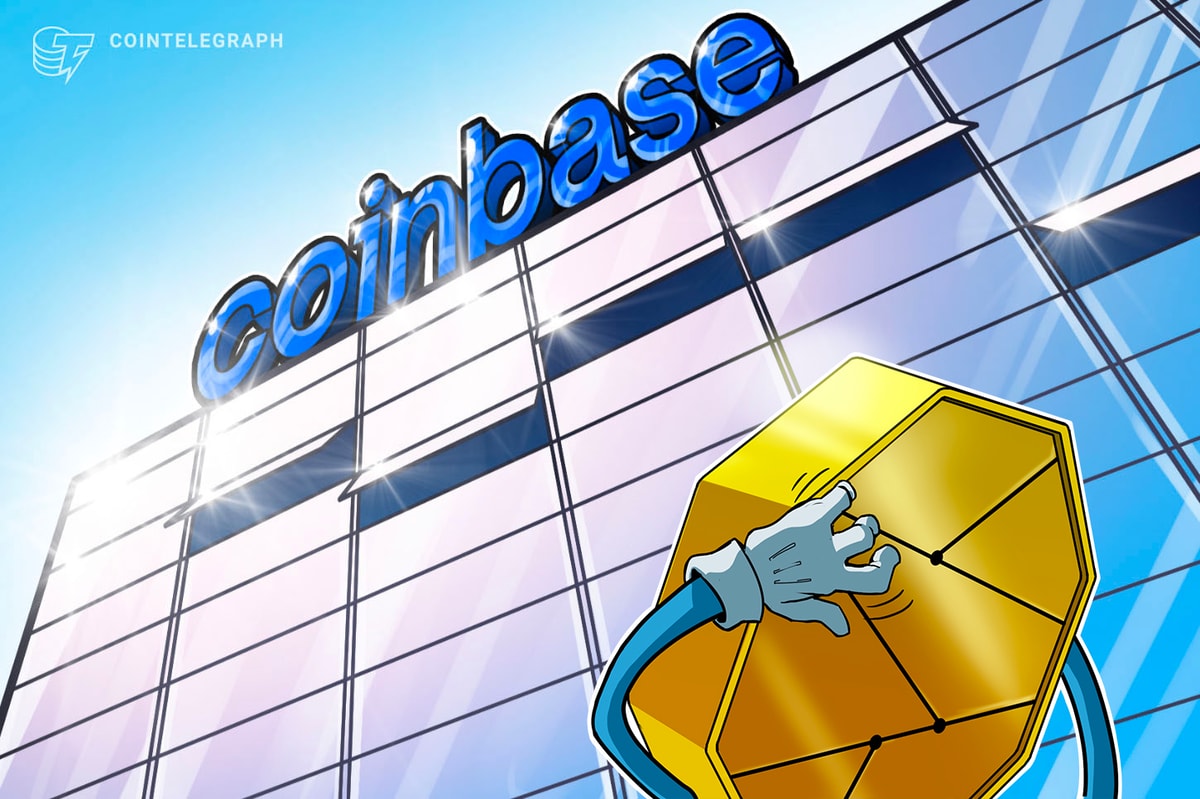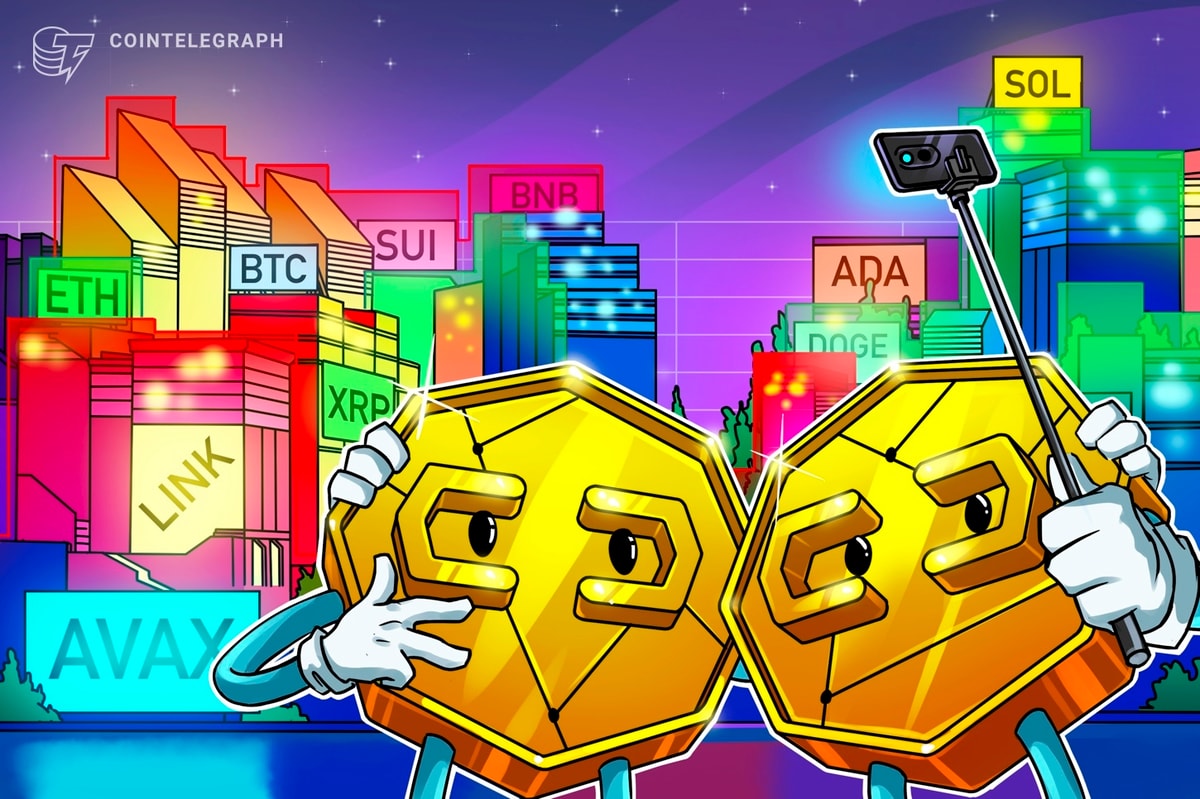Decentralized applications, or DApps, have been touted as the future of Web3. But what big problems do DApps address? How do they solve them? And what types of DApps could benefit consumers in the future?
Why do we need DApps?
In Web2, we’ve become accustomed to using centralized, cloud-based apps. As such, many of us have become desensitized to the problems associated with centralized apps, including:
- Massive data breaches: When your data is stored in the cloud, it may be stored with millions of consumers’ data. The larger the data set, the more valuable the breach; the more valuable the breach, the more hackers/hacking attempts the data set attracts. No matter how strong a company’s data security technology and policies are, centralized data sets will continue to be breached. As the saying in data security goes, it’s not a question of if a breach will occur, but when.
- Privacy violations: Cloud-based apps allow employees, contractors, vendors and partners to access your sensitive data — to analyze it, improve sales, improve customer satisfaction, etc. Someone with access could choose to violate your privacy.
- Changes in terms and conditions: Centralized applications have terms and conditions that are subject to change. For example, free applications become paid. Paid applications experience reductions in service, price increases or both. For consumers who depend on those applications, these changes are often unwelcome and disruptive.
- Temporary disruptions in service: Centralized applications are more vulnerable to disruptions in service. Those disruptions can come from malicious actors (e.g., denial-of-service attacks). Or, they often can be due to bad code deployments.
- Data loss: Yes, centralized applications can suffer from data loss.
- Discontinuation of app/service/company: Any centralized app or service can be discontinued by its parent company or the service can be discontinued because the company ceases operations.
How do DApps solve these problems?
DApps can solve the above problems because they are decentralized.
There are a lot of apps that claim to be DApps, but they’re not truly decentralized. Let’s explore what a DApp really is:
- DApps should not require any centralized infrastructure — hardware or software — to operate. DApps should only require (1) the local hardware/operating system that the DApp has been downloaded to and (2) an internet connection to connect to other fully decentralized services, such as a blockchain.
- As a corollary to the above, once a DApp is downloaded to a local environment (and the local environment is operational), the DApp should always be operational, even without an active internet connection. For example, when you download a copy of MS Word to your laptop, MS Word will work, even if you’re not connected to the internet.
- DApps should never retrieve data from, process data on or store data to any centralized service (unless expressly granted permission by the user).
- Once purchased and downloaded, DApps should not track/report usage (unless the owner opts into tracking). Software modifications or updates should only be owner-initiated, i.e., automatic updates to the software should be impossible. DApp terms and conditions should also be non-modifiable. When you download a DApp, it should be yours forever.
Join the community where you can transform the future. Cointelegraph Innovation Circle brings blockchain technology leaders together to connect, collaborate and publish. Apply today
Examples of DApps to come
Here are some ways I envision DApps improving the consumer experience:
- Decentralized photo backup: Most people take photos on their smartphone, often running out of space on their cloud storage backup. And many people are worried about their cloud accounts being hacked. Decentralized photo storage could be a cheaper and more private way to store photos. A person would store their photos into the fog (i.e., on their Web3 device), and their Web3 device would make secure, private copies to other people’s Web3 devices, as well. These decentralized, private backups could be used to prevent catastrophic data loss.
- Decentralized social media: Instead of uploading videos, short videos and photos to a centralized server and needing to conform with their terms of service, consumers could host their own videos and photos on their own infrastructure and use a decentralized service to promote their content. And instead of posting updates to a traditional social media platform, users could write comments and other updates on their own decentralized servers. They could promote their content to a decentralized server, and friends, family and followers could subscribe to their content directly. Client software could mix content from multiple sources.
- Decentralized blogging/writing/self-publishing platform: Centralized blogging platforms may require monthly fees for your content to be accessible and have terms and conditions that your content needs to abide by. By running your own decentralized blogging server and promoting your content on a decentralized blogging service, you would never need to worry about your content being unavailable, due to either censorship or discontinuation of service.
- Decentralized email servers: Most online consumers depend on a web-based email application. Yet, many people find themselves running out of email storage, purging old emails and losing potentially important emails. A decentralized email server would ensure that your personal emails would always be archived (unless you chose to delete them).
- Decentralized recommendation engines/AI: Web2 AI develops recommendations using centralized repositories of data across millions of consumers. Decentralized recommendation engines could develop recommendations based on all your personal data stored across multiple domains (financial, health, browsing, etc.) and develop truly personalized recommendations for you.
Conclusion
In Web2, consumers visited centralized servers, and their data was often collected, mined, sold, violated and breached. In Web3, I envision consumers downloading DApps to their own devices. All data generated by the DApp would reside on their device and be owned by the consumer. This would give consumers much more control over their own privacy.
For consumers, DApps offer better privacy and more control. These are powerful forces of nature and why Web3 DApps can change the world.
Xinglu Lin is CEO and Co-Founder of Fog Works, Inc., a Web3 application and device company based in Sunnyvale, CA.
This article was published through Cointelegraph Innovation Circle, a vetted organization of senior executives and experts in the blockchain technology industry who are building the future through the power of connections, collaboration and thought leadership. Opinions expressed do not necessarily reflect those of Cointelegraph.
Learn more about Cointelegraph Innovation Circle and see if you qualify to join











